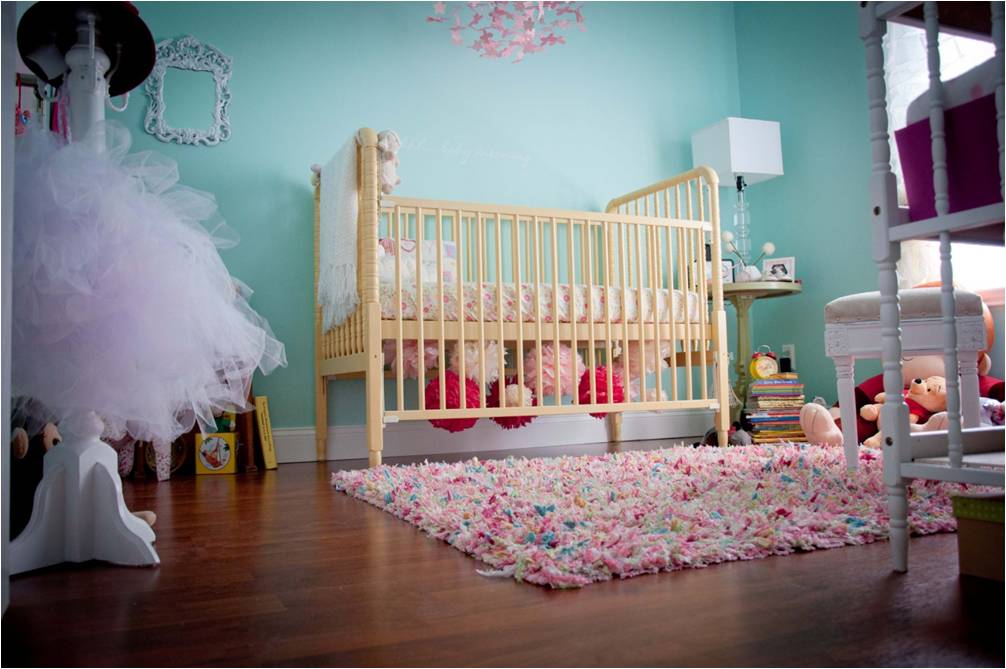Recently, you've found yourself contemplating the idea of expanding your family circle, perhaps welcoming a new member with open arms. The thought of teaching a child to ride a bicycle or planning exciting trips to the zoo fills you with a sense of readiness and anticipation.
But before diving headfirst into this new chapter, it's crucial to address some practical considerations.
Here are a few factors to ponder as you navigate the decision of when is a good time to embark on the journey of parenthood.

For many couples, buying a home is the first step towards building a family. If that sounds like you, planning early is a good idea. If you intend to buy a BTO flat, you will need to factor in waiting time of at least two or three years before you can collect your keys.
That is why Sarah and Benjamin, aged 31 and 36, started balloting for a BTO flat just one year into their five-year relationship. The couple moved into their flat early this year.
“We did the math and realised that if we wanted to move into our own home and have kids by our mid-thirties, we would need to start balloting early. I only officially proposed to her two years ago,” says Benjamin.
So, how do you know if you can afford your own home? The good news is, thanks to the various HDB grants on offer, your dream home might cost less than you think.
Those applying for a BTO flat for the first time as a fiancé-fiancée or married couple can expect to enjoy the following grant.
- Enhanced CPF Housing Grant (EHG) – Up to $80,000 depending on household income
Don’t forget that there are many Singaporeans who opt to live with one set of parents even after having a child. You’ll have extra pairs of hands to help out with the baby, and your child will be able to build a closer relationship with his or her grandparents.

You don’t need to be rich to bring up a child in a loving home! But a bit of financial planning will go a long way towards ensuring your bundle of joy can grow up feeling secure.
Sandra, a 34-year-old mother of two sons aged five and three, quit her full-time job as a marketing executive to stay home with her kids. But before taking the plunge, she and her husband, an engineer, had to take a long, hard look at their finances.
“We are not rich, but we make sacrifices in certain areas to make sure our kids have what they need,” she says. “We don’t go on overseas holidays every year and we are very selective when we buy our kids toys or enroll them in activities.”
When you have a baby, the government will offer financial help in the form of the Baby Bonus. It’s made up of several components, namely the following:
- Baby Bonus Cash Gift – Receive a cash gift of $11,000 (for first and second child) or $13,000 (for third and subsequent child). This cash gift can be spent whenever you want, on anything you wish.
- Baby Bonus CDA First Step – $5,000 will be deposited into your Child Development Account, and can be used to pay for educational and healthcare costs for your child.
- Baby Bonus CDA dollar-for-dollar matching – The government will match savings you deposit into your Child Development Account on a dollar-for-dollar basis up to $4,000 (for first child), $7,000 (for second child), $9,000 (for third and fourth child) or $15,000 (fifth and subsequent child).
Other than figuring out your Baby Bonus entitlement, take a look at your joint finances as a couple and then figure out how much you’d like to spend. Costs can vary tremendously, so don’t forget to compare the various available options for things like:
- Pre-natal check-ups
- Hospital maternity packages
- Baby supplies such as milk bottles, strollers, cots and so on
- Confinement nanny
The government will also assist in offsetting some of the expenses by providing you with the following:
- Medisave Grant for Newborns: As a Singapore citizen, your baby will receive $4,000 in his or her Medisave account after his or her birth is registered.
- Medisave Maternity Package: You can withdraw up to $900 for pre-delivery expenses including your pre-natal appointments and ultrasound scans. For delivery charges, you will be entitled to withdraw $750 to $2,600, depending on your birth procedure. You can also receive up to $550 per day for the first two days of admission and $400 per day from the third day onwards for the hospital stay.

You and your spouse might be in great shape, but what about your fertility health? You’ll have to make sure your bodies are able to create new life.
A fertility health check is highly recommended (even for newlyweds!) and can be done at one of the many fertility clinics in Singapore as well as in private and government hospitals like KKH, SGH and NUH. It can help identify any problems you might face and increase your chances of conceiving naturally. You’ll probably learn a thing or two you didn’t know!
Here’s what you can expect at your fertility health check:
- Ultrasound scan (wife)
- Hormone blood test (wife)
- Semen analysis (husband)
There are also some self-help tools that can help you conceive more quickly, including period tracker mobile apps, ovulation test kits and sperm test kits. However, whenever in doubt, there’s nothing like consulting a trusted doctor.
Dr Peter Chew, a gynaecologist for more than 40 years shares some facts about fertility that might surprise you.
- Men’s sperm quality dwindles after the age of 35. You might still be a kid at heart, but the same cannot be said of your sperm!
- After the age of 30, a woman’s chances of conceiving naturally are less than half of what they were in her early 20s.
- Sperm are responsible for determining the gender of a baby.
- The number of eggs a woman has is determined at birth. Most women are born with about 1 to 2 million of them.
- The fertility window, otherwise known as the period during which a woman is able to get pregnant, usually takes on the day of ovulation and the five days prior. Ovulation occurs about two weeks before menstruation.
Don’t get discouraged if you’re taking some time to conceive. You might be facing some of the following fertility issues which, trust us, many couples deal with.
- Ovulation problems
- Endometriosis, which happens when the endometrial tissue grows outside of the uterus
- Poor egg quality
- Low sperm count
- Varicoceles, which happens when the veins in the testicles are enlarged
- Hormone imbalances in male reproductive organs
In some of the above cases, Assisted Conception Procedures (ACP) can help.
And to make it easier on the wallet, the government has put the following schemes in place:
- Medisave for ACP treatment: You can use Medisave to pay for ACP treatments such as IUI and IVF up to $15,000 over a lifetime.
- Co-funding for ACP treatment: Receive up to 75% co-funding for ACP treatment – up to $7,700 for 3 fresh and 3 frozen ART cycles, and up to $1,000 for IUI at public hospitals.
There are also some things you can do at home to boost your fertility, and the good news is, none of these are complicated or scary!
- Wear boxer shorts as a man and don’t use your laptop on your lap. It’s more comfortable for both you and your sperm in Singapore’s hot weather!
- Swimming is a better form of exercise than cycling.
- Maintain a healthy weight as a woman, as being underweight or overweight can affect your chances of getting pregnant.
- Maintain a healthy diet rich in antioxidants and fibre and low in trans fats, refined carbs and caffeine.
And of course, don’t forget the importance of making time for your partner and letting go of stress. That’s what worked for Sulin and Kimson, aged 32 and 33. “All three of our children were conceived while on holiday,” says Suhlin wryly.
So “when is a good time to have a baby”? It’s different for everyone. But if you’ve made all the above preparations and are already looking forward to the day you get to read your child bedtime stories, you just might be ready.
Image credits: Jorge Cruz, Images Money, mrhayata


